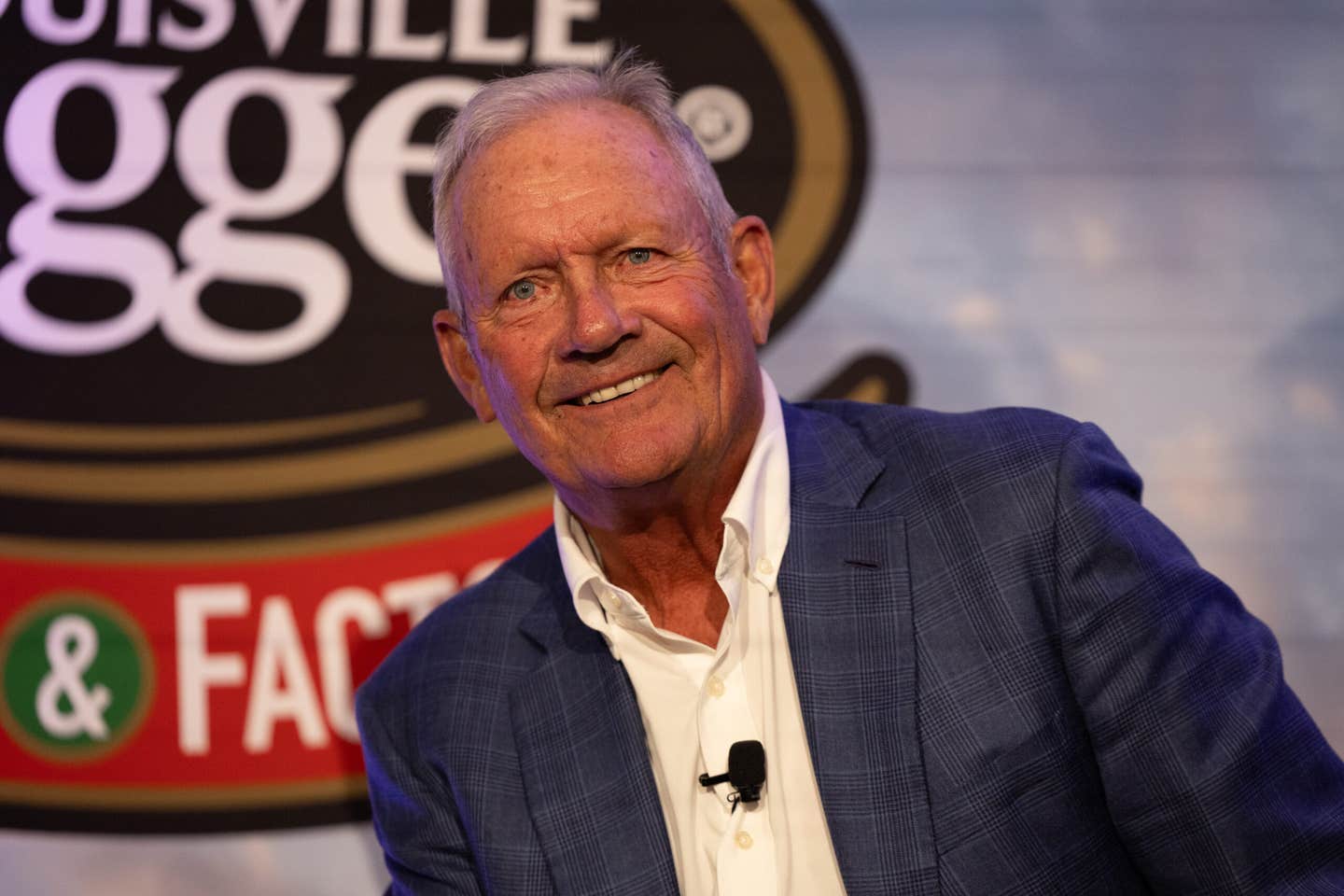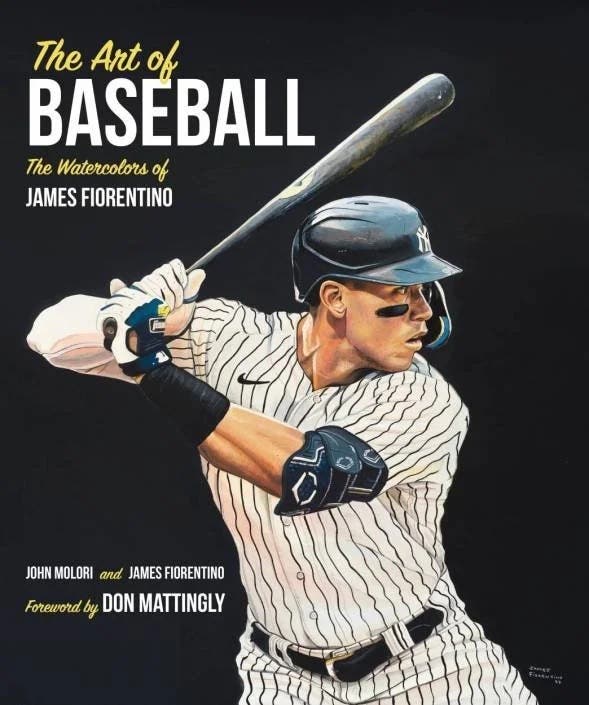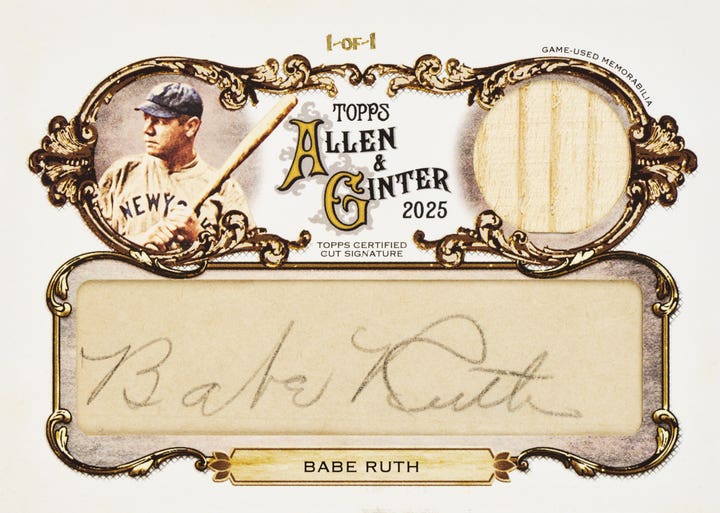News
Interview with Bucks’ Brandon Jennings
By Jason Wilde & Scott Fragale
Practice had just ended, and Brandon Jennings’ attention turned to finding the most comfortable – or, at least, closest – spot to sit down, and the recumbent stationary bike just off the court was the obvious choice. When you’re carrying the heavy expectations of a team, a city, a brand and a family, you take your rest where you can get it.
As he sat there, it was easy to tell which topics excited the Milwaukee Bucks second-year point guard, and which ones he’d discussed so frequently that he’d tired of them. When talking about his 55-point explosion in his seventh NBA game, or what life was like being the first high-school player to opt to play in Europe rather than going the one-and-done college route to the NBA, Jennings would pedal the bike leisurely, slouched slightly in his seat. When the conversation turned to being the one-man basketball division at Under Armour, or meeting his childhood idol Allen Iverson, or his frustration with the Bucks’ sluggish start to the 2010-’11 season, the pedaling stopped and Jennings sat up, his interest piqued and his cadence quickened.
A likeable kid who’s mature beyond his years and surprisingly self-aware, Jennings isn’t your average 21-year-old. He appears to have his priorities in order, a clear set of goals and a focus on improvement – which, despite a blockbuster rookie season, he knows there’s plenty of room for.
“He needs to be able to shoot a better percentage, and we believe he will,” says Jennings’ no-nonsense coach, Scott Skiles, a former point guard himself. “And you can be 28 years old and still run a team better. That’s something as a point guard that’s always a work in progress.
“He went from being a not very good defender early in the season (last year) to being a pretty good defender, and he can take another step there. It’s certainly not for lack of will. He likes to play defense and use his hands. And he can improve on overall decisions and things that come with experience.”
Already, at his young age, Jennings has a wealth of worldly experience, having left his home in Compton, Calif., after his sophomore year in high school to attend Oak Hill Academy in Virginia, then eschewing college at the University of Arizona to play in the Italian League. But as he looked back and discussed those experiences in our exclusive one-on-one interview with him, Jennings also couldn’t help but also look forward to what he hopes his future holds, on and off the court.
Sports Collectors Monthly: Did you collect anything as a kid – basketball cards, autographs, anything?
Brandon Jennings: Growing up, I really didn’t collect much as a kid. I just wanted to play basketball, and that was about it. Basketball was everything. Now, I’m usually giving things away.
SCM: What about being on the other side of that now? Were there any players you looked up to, and what’s it like being one of those players to kids today?
BJ: Seeing kids in my jersey, or getting their hair cut like me, that’s crazy. When I was growing up, I was always rocking Allen Iverson jerseys and having Allen Iverson shoes and the cornrows and everything like that. Now, I come to the games, kids have Mohawks or high-top fades, things like that. That’s pretty awesome.
SCM: I’m guessing the first time you came to Milwaukee was for the McDonald’s All-American game in 2008. What was your impression then, and has it changed now that you’ve been here for awhile?
BJ: The first time I came here for the McDonald’s game, I had no idea about Milwaukee. I didn’t even know Milwaukee was a city. So when we first came here, everybody (on the team) was like, ‘Man, I hope I don’t get drafted to the Bucks’ and things like that. And then, not even two years later, I’m drafted right back to Milwaukee. It’s a small town. It’s quiet. There’s not a lot going on. And I see that as a positive. Being in the NBA, having a lot of money and things like that, sometimes in the big cities you can get in trouble. But here, it’s good.
SCM: What kind of adjustments have you had to make, both on and off the court, from high school to Europe to the success you’ve had now at this level? How are you different, in your game and in your life, now as compared to a few years ago?
BJ: I think the biggest difference is I‘m playing now. In Europe, I wasn’t getting any playing time; I was just working out. But now, going into games knowing you’re going to play 30 minutes or more, that’s the adjustment. You’ve got to take care of your body more, lift weights more, get stronger, and you’ve got to keep working on your game.
SCM: What exactly happened in Italy? I mean, you look at your stats in high school; you averaged 32.7 points, 7.4 assists, and 5.1 rebounds per game. Then you look at your stats in Italy – you averaged 5.5 points, 1.6 rebounds, 2.2 assists and 1.5 steals in 17.0 minutes per game. And then look at what you’ve done at the NBA level, and it’s hard to understand why you weren’t getting much of an opportunity over there.
BJ: Well, maybe I didn’t get a lot of playing time, maybe they weren’t really able to see me play, but I didn’t lose my touch. It’s still basketball. Out of high school, I was averaging 32 points a game and everything like that. It wasn’t like I lost it all in one year. Obviously I was working on my game and (the Bucks) came and watched me work out, but I guess it’s the fact that I didn’t get a chance to play as much.
SCM: You were going to go to Arizona, and while it’s obviously worked out, do you regret missing out on the college experience? Would it have been fun? Do you feel like you missed out on anything?
BJ: Everybody I talk to says college is fun. But when I went overseas, it was more business to me. It was taking year off from the world, from everything, from everybody, and really working on my game and really getting my mind for what comes next, and that was the NBA. I won’t say I regret not going to college, but every time I hear about college, everybody says, ‘College was so fun, college was so fun.’ But once you become a man and things become more serious, it’s not about just having fun.
SCM: Your mom obviously went to Europe with you. How important was that, to have her there with you?
BJ: My mom and my brother were there. That was the most important thing. I wouldn’t have gone over there if they weren’t there. You know that. So with them being there the whole year with me, sacrificing their lives to be there for me and with me, that was really big. They live in Atlanta now. They come back and forth (to Milwaukee), but they stay in Atlanta.
SCM: The game that sticks out for most people is the 55-point game you had against Golden State. Was it a blessing and a curse in some ways?
BJ: If you think about it, when I scored those 55, it was only my seventh game into my first NBA season. So it was still really early in the year, and I had no idea what was expected of me. And then, it was like one of those nights where I just had 29 points in one quarter. I mean, how often does that happen in the NBA? So I think the expectation wasn’t fair to me, because I scored 55 in my seventh game, and everybody felt like, ‘I need 50 my next game. I need this.’ If I didn’t have 20 (points) or more, everybody thought it was a bad game. And that’s not always my role. Especially as a point guard. You don’t really hear too many point guards scoring 50 or 40, unless they’re a scorer first. Here, I have a great big man in Andrew Bogut, I have some teammates around me who can score, I have to distribute more.
SCM: You did get compared to your favorite player after that, didn’t you? I mean, Iverson was theoretically a point guard and he put up nights like that …
BJ: Allen Iverson was a combo guard. He wasn’t too much of a point guard. When I was hearing that comparison, though, that was pretty cool.
SCM: There were high expectations – on you personally and on this team – coming into the season. Is that a burden, or do you guys block it out?
BJ: No, there’s a lot of pressure on us. Just the fact that we won 46 games last year, we were the six (seed) in the East, we got to the playoffs – the town was ready for this season, really excited. And then, the way we started, things were kind of looking like, you know, the old Bucks.
SCM: Have you always been kind of mature beyond your years? Or did the experiences of going to Europe force you to grow up a little faster?
BJ: This is where it started: Growing up in a single-parent home, of course you have to grow up pretty fast. And also, I went to Oak Hill Academy for two years, so I was already away from home for the my junior and senior year. So that’s where I really grew up – living on my own, washing my own clothes, cleaning my own room, and basically taking care of myself. I was away in Virginia while my family was back in California. So Europe wasn’t a hard decision for me, just having been away from home already. Basically, I’ve been away from home for four years already.
SCM: That’s not just talk, either. You live, what, about 5 minutes from the team training facility?
BJ: Like, 2 minutes. Right down the street.
SCM: What went into that decision? Milwaukee isn’t New York, but there are some nice condos on the lake downtown, and some big houses out in some posh suburbs around here.
BJ: We’re close to practice, we’re close to the airport, I’m 10 minutes from the Bradley Center – those are the three main spots I need to be at. When you’re coming back from a game out of town, I don’t want to drive 30, 40 minutes from the airport. I want to drive 5 minutes and be home. I can never say never, but right now, I don’t feel like I’ve earned all that yet.
SCM: Somebody told me you drive a Ford Edge. That’s not exactly the kind of car I’d expect from an NBA star.
BJ: Yeah, I have a Ford Edge and a Chevy Camaro. Maybe on my second contract when I feel like I’ve earned it I’ll get something else. I just don’t feel like I’ve earned anything yet. I don’t want to live beyond my means right now. Plus, with the lockout coming, it was really a great investment, now that I think about it. I’m on a rookie contract. I’ll have to wait at least two more years before I get that big money. Maybe then, if I feel like I’ve earned it, I’ll go ahead and buy me something. But it’s always family first. I felt like it was more important that I buy my mom a house first, make sure we have some property where, if anything were to go wrong, we could still go back to that.
SCM: You’re pretty high-profile on Twitter (@BLKICE3). So is Bogut. You seem to really be into it and enjoy interacting with people.
BJ: I see it as a positive. It’s just a way for me to let people know who I am as a person and let my fans know that. My fans feel like they’re close to me because I interact with them so much. I give out tickets here and there, I message them back, things like that. I’m very active with it. It’s more to let my fans and people who don’t know me to get to know me. Sometimes I get on there and vent a little bit, but I’ve calmed down a lot this year. Last year I got fined for Tweeting six minutes after the game. I said, ‘Good game, guys – back to .500.’ They said it was six minutes after the game; I don’t know if that was true or not. I really don’t know. But they fined me $7,500 for that. I was off Twitter for a little bit after that. (Laughs) I was like, ‘Man.’ That was a pretty expensive Tweet.
SCM: I saw an ad for you the other day with Under Armour, and I have to admit, I didn’t know that Under Armour did basketball shoes. Then I heard that you’re their only basketball endorsement.
BJ: Yeah, and it’s a lot of pressure. There’s a lot of things expected of me, a lot on my shoulders – not just basketball, but off the court too, with selling shoes and other stuff, too. Under Armour, that’s a $1 billion company putting their faith in me to go out there and be great.
SCM: Did you want to play on the USA World Championships team, and were you disappointed that you weren’t chosen?
BJ: I was more disappointed that I didn’t get a tryout, if anything. I felt like at least the year I had, getting us to the playoffs, being a big part of the reason why we got to the playoffs, I would’ve at least liked to have gotten a tryout, just to see where I was at. I’m not saying I had to go ahead and make it, but I’d have liked to have gotten a tryout and been in Vegas and been around all those great players.
SCM: What about the Olympics? Would you like to play in 2012 or 2016?
BJ: It depends on who’s playing. If LeBron James and all those guys are playing, it’s going to be hard to get in there. But a tryout wouldn’t be bad. That’s all I’ll say.
SCM: Do you ever spend any time reflecting on what you’ve been able to accomplish in a short period of time? Or to ponder your goals for the future? Or are you so focused on the day-to-day of the NBA grind that you don’t have much time do think that way?
BJ: I wrote down my goals before the season – I mean, really wrote down my goals and said, ‘This is where I want to be in the next 10 years.’ So I have 10 years to complete them all: An NBA championship. MVP. Finals MVP. All-star. Being one of the best point guards in the NBA. Being a better leader everyday. And just becoming a better person everyday.








